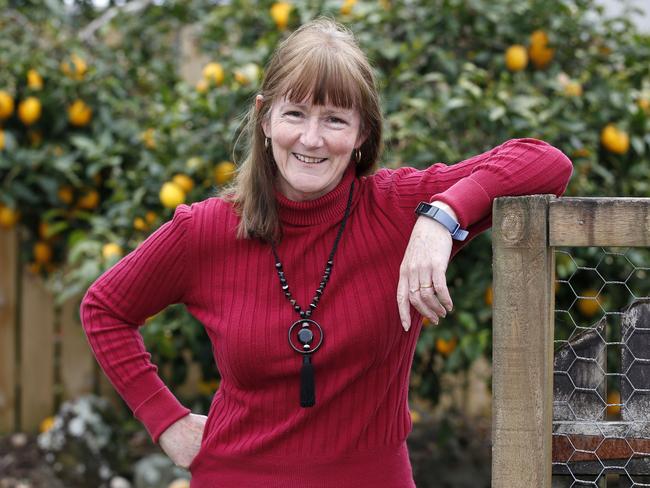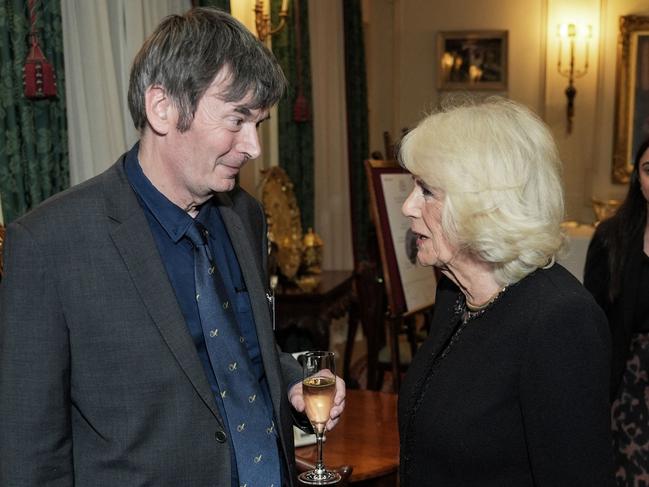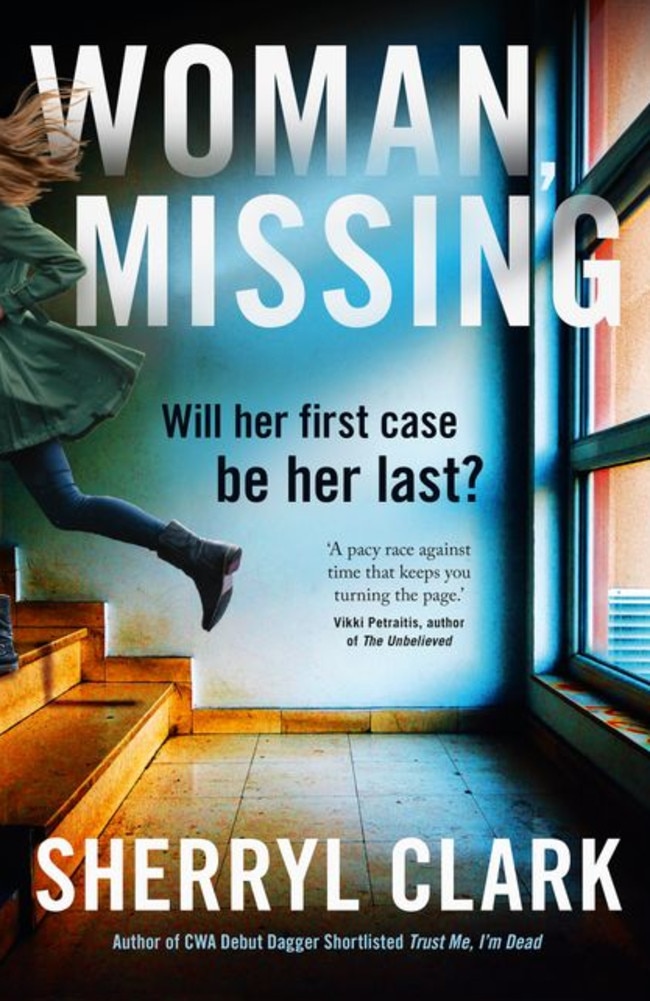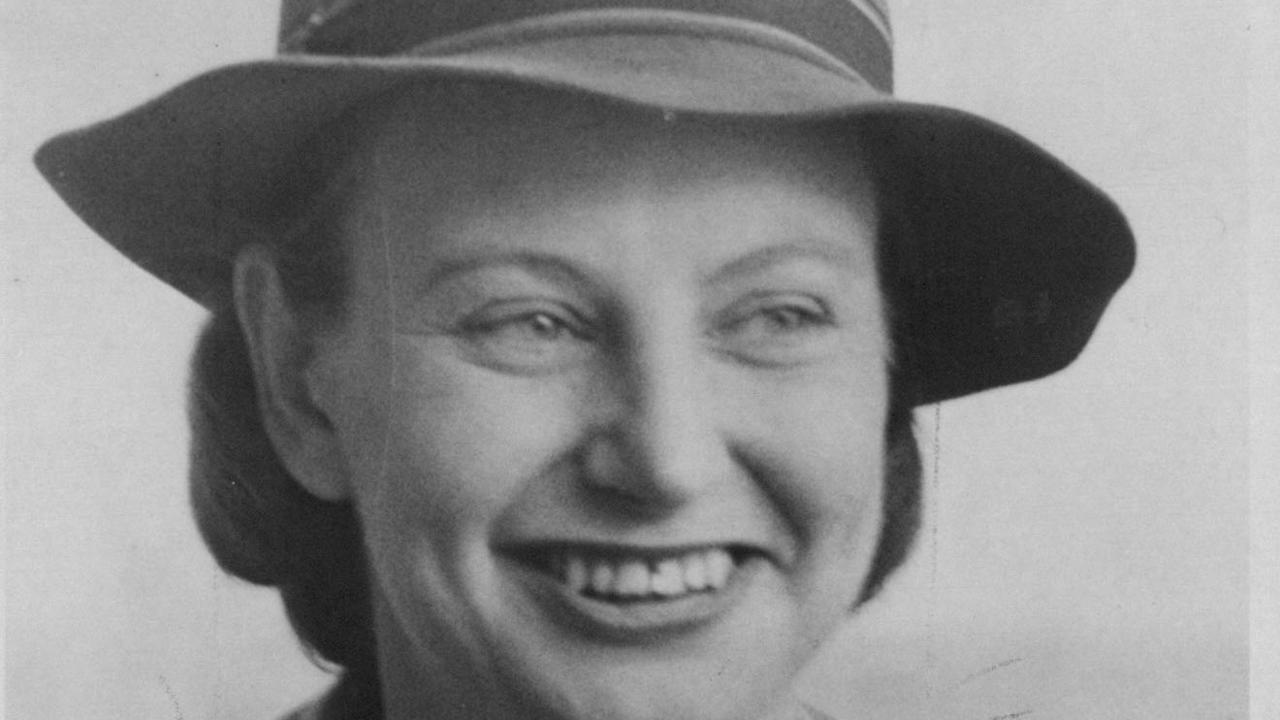‘I write crime because I am angry at injustice … I hope it helps’
Can crime fiction, created to entertain, help us make sense of real-life horrors like domestic violence? Furious at the injustice around her, Sherryl Clark hopes so.

Books
Don't miss out on the headlines from Books. Followed categories will be added to My News.
There are millions of crime fiction readers all around the world, and plenty of sub-genres to interest anyone, from historical crime, cosies and humour to futuristic crime and romantic suspense.
Whatever the book, crime readers look for a mystery and a solution, preferably a really tricky one they can’t guess. They also read for escapism, of course, and entertainment.
But now it seems readers are also looking for a story where the terrible wrongs of our world are taken on by a hero, usually a detective of some kind, and resolved, bringing justice to the victims and punishment to the perpetrators.
Crime fiction can offer insights to why violence and murder happens.

When readers ask me where I get the ideas from for my crime novels, I used to describe myself as a magpie, thinking about their scavenging and picking up bright, shiny objects. But then I thought maybe I was closer to a bowerbird, collecting blue objects for a nest.
Now I think I’m more like a quilt maker, the kind that takes old clothes and material and makes something new. But I’ve discovered I weave it all together with a strong feeling of injustice – anger at how the world treats the innocent, the vulnerable, and the children. Driving me is that eternal question we all ask at times – why is nobody doing anything about this? Enter a fictional avenger!
Inspiration for my novels comes from real crimes, ones that stick with me for some reason. Often it’s a death that seems grossly wrong, because of who it happened to or whose life was devastated by it. Some of the ideas for Woman, Missing have come from unexpected places. A podcast interview several years ago with a man whose role is to help women escape from violent partners; a murder where the body was hidden in the bush; a past student who interviewed a bunch of her friends about the online dating ‘jungle’.

Ian Rankin, a famous crime author, says the crime novel is “the perfect vehicle for a discussion of contemporary issues in the most unflinching terms”. And what is more in the front of our minds this year than domestic violence, with women dying at the hands of their partners or ex-partners every four days? There have been a multitude of news articles, many of them now in my research files.
The challenge as an author, though, is that the story and characters must always come first, no matter how deeply we feel about the issues. In fact, a work of fiction can have more effect on readers than a dozen newspaper reports. I learned this many years ago, writing a children’s verse novel about a family losing their farm during a terrible drought because it seemed like city dwellers had no understanding of what that actually meant. And they were unlikely to experience it through yet another news article, however true it was. But a story can help a reader ‘feel’ what it’s really like, stirring emotions and responses.
I try to bring the same core strengths to my crime novels. A tough, uncompromising female character who cares and won’t back down is key for me. In my previous novels, Judi Westerholme is neither a police detective nor a private investigator, but when someone she cares deeply about is hurt or killed, she fights back. As the least motherly person she knows, she receives an added complication when she has to become a parent to her two-year-old niece. Despite her armoured exterior, Judi does care.

Enter Lou Alcott, the ex-police constable turned private investigator in Woman, Missing. She’s had a troubled history as an officer dealing almost daily with domestic violence – between that and the abuse suffered by her own mother, Lou struggles with her anger. Yet as a PI, she must learn to fight back within the rules of her job, something which almost gets the better of her. Her life is full of contradictions, including a grandfather who is a crime boss, and whose past dealings could get Lou killed.
It’s great to write strong characters like Judi and Lou. They come from that sense of injustice which seems to surge out of my subconscious. It’s not just readers who want a female character to fight for what’s right, it’s me, too! I suspect neither of my characters exude calm at all – kick-arse mayhem is more their style, on their way to a satisfying resolution.
Woman, Missing by Sherryl Clark is out now, published by HQ Fiction.
Do you love books? Come join our community at the Sunday Book Club group on Facebook, to discuss your favourite crime fiction and all other great reads.


